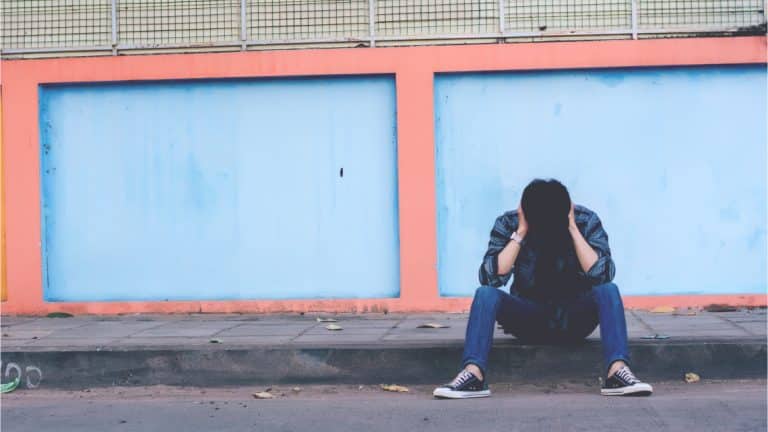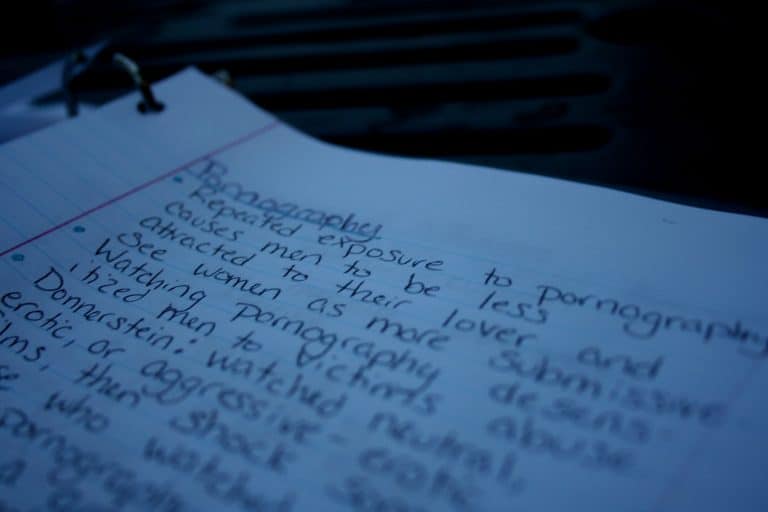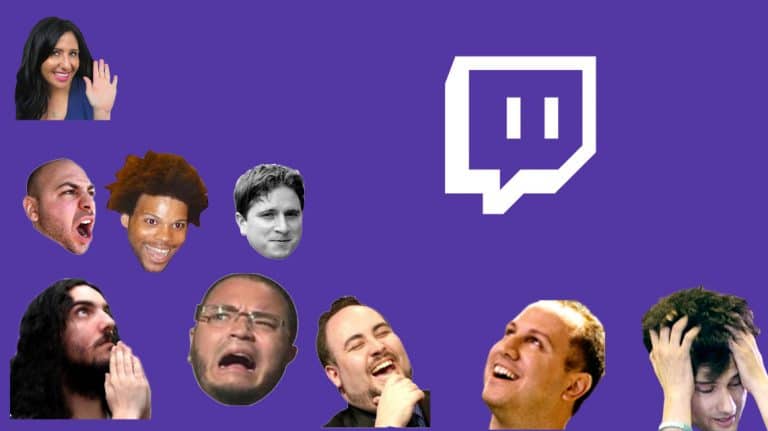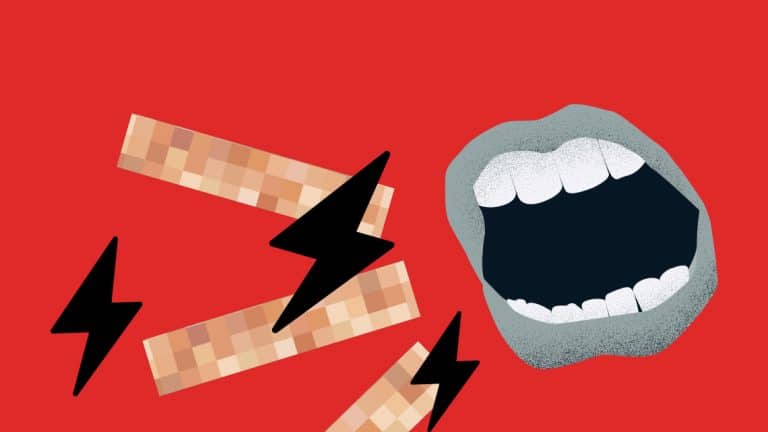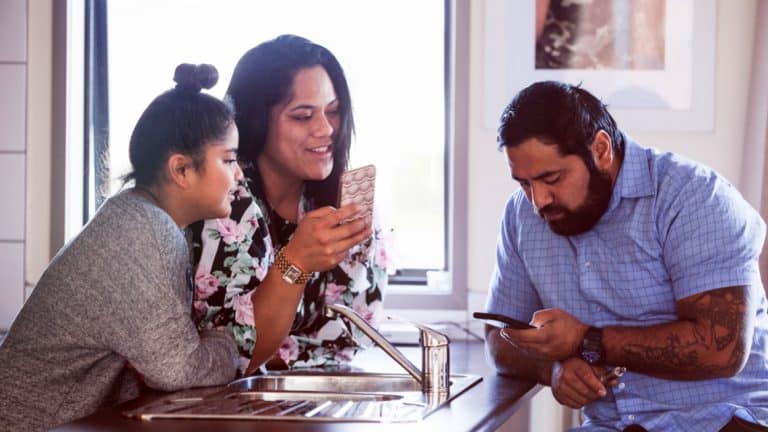Online bullying: advice for parents
Advice for parents and caregivers dealing with online bullying.

You are here: Online Safety Parent Toolkit > Understand
One in five young people in New Zealand have been the target of online bullying* – it can happen to anyone, and it can be hard for parents to deal with. You can contact Netsafe on behalf of them for help and advice, or your child can contact us.
Is your child being bullied online?
Each case of online bullying is different and each child will respond differently to bullying – behaviour that deeply affects one child may be water off a duck’s back to another. There’s no fool-proof way to tell if your child is being bullied online, but if you think they might be try asking them about it in a non-confrontational way.
What is online bullying?
Online bullying (also known as cyberbullying) is when a person uses digital technology to send, post or publish content with the intention to harm another person or a group. This behaviour is often aggressive, is repeated and involves some kind of power imbalance between the people involved.
Online bullying can take many forms:
- name calling online
- repeated unwanted online messages
- spreading rumours or lies
- fake accounts used to harass people
- excluding people from social activities
- embarrassing pictures, videos, websites, or fake profiles
Could my child be bullying themselves?
Research has found that in a small number of online bullying cases, it’s possible that the person sending the harmful messages is also the victim themselves. Overseas research has linked this type of behaviour to offline bullying and depression so it’s important that you seek help from Netsafe if you think your child may be taking part in this type of behaviour.
What to do if your child is being bullied
- Stay calm: Your child needs to be able to talk to you and know that you’ll be level headed, thoughtful and helpful in your response.
- Evaluate the situation: It’s important to know exactly what’s going on before you can work out what to do next. Is it a few off hand remarks, or is it something more serious?
- Understand how your child is being affected: If your child is upset about a situation, let them know that you understand and it’s OK to be upset.
- Don’t take away the technology: Taking away your child’s laptop or mobile phone can alienate them from their most important support network – their peers.
- Work through a plan together: If you need help about what you can do next email [email protected] or call 0508 NETSAFE 0508 638 723 seven days a week.
Options for dealing with online bullying
Each situation is different, and we can help you to understand the best options available to you. There are also some actions that you’re able to take yourself that can help.
Social media
Teach your child how to use the features available on most social networking sites including blocking and unfriending people and reporting content. You should also show them how to update privacy settings on social media – if you’re not sure how, visit the safety centres of the social media platforms they use.
Facebook • Snapchat • Instagram •YouTube • Twitter
There is also the ability to disable comments on posts and videos on Instagram and YouTube.
Check out more options and advice from social media platforms, including filtering comments on Instagram using certain keywords, in our Staying Safe Online Guide.
Mobile
You may want to block phone numbers that are sending bullying or abusive messages.
You can find instructions for blocking numbers on your phone by searching online. Use the words “how to block phone numbers” + the model of your phone. For example, search “how to block phone numbers Samsung Galaxy S7”. You can also contact your service provider for help, or use these instructions for how to block numbers on Apple devices.
Contact the school
If the bullying is happening at school, or involves students at the school you can contact your child’s teacher to talk about the situation and options available to resolve things. Understandably, your child might be worried that contacting the school could make things worse. If you need to discuss this option, you can call us for help and advice.
What is online bullying?
Online bullying (also known as cyberbullying) uses technology to transfer, send, post, publish or disseminate content with the intention to harm a person or a group. It involves aggressive behaviour that is often repeated over time.
What if it’s a very serious case?
There is a law in New Zealand to tackle the worst cases of bullying, abuse and harassment for both young people and adults. This includes image based abuse (leaked nudes), incitement to suicide and extremely offensive, abusive or harassing content directed toward an individual. Under The Harmful Digital Communications Act (the Act), Netsafe has been chosen to offer a free service for people in New Zealand to help with online bullying, harassment and abuse.
Where to get help
If you or someone you know needs help, contact us by emailing [email protected] or call us toll free on 0508 NETSAFE (0508 638 723).
Our helpline is open from 8am – 8pm Monday to Friday and 9am – 5pm on weekends.
If your child needs counselling support contact Youthline or another counselling line.
If you’re concerned about the immediate safety of you or someone else, call 111.
FAQs
I’m not the parent, guardian or caregiver of the young person targeted in the incident. What can I do to help?
You can still contact Netsafe. Although we won’t be able to take action, we can still offer advice about what you can do. If you’re a teacher or school leader you can contact Netsafe of behalf of a student.
I think my child is being bullied, but they won’t talk to me and I don’t have any proof – what can I do?
You can still contact Netsafe to explain why you think something is going on, and we can give you advice.
I know my child is being bullied online, but they don’t want me to intervene because they’re scared it will get worse – what can I do?
Each situation is different, but depending on what’s going on there may be ways to help that won’t aggravate the situation. You can still contact us for help and advice – we won’t take any action without your permission.
More advice and information
- Netsafe’s online bullying, abuse and harassment service
- Online safety for parents
- About the Harmful Digital Communications Act
- More advice for parents from Netsafe
*33.2% of 12-19 years olds in NZ have been the target of cyberbullying through the internet and/or mobile. Page 149 of Challenging Risk: NZ High-school Students’ Activity, Challenge, Distress, and Resiliency, within Cyberspace by John Joseph Fenaughty.
Keep up to date
Follow us on social media and sign up to our enewsletter for alerts, news and tips.


![]()



